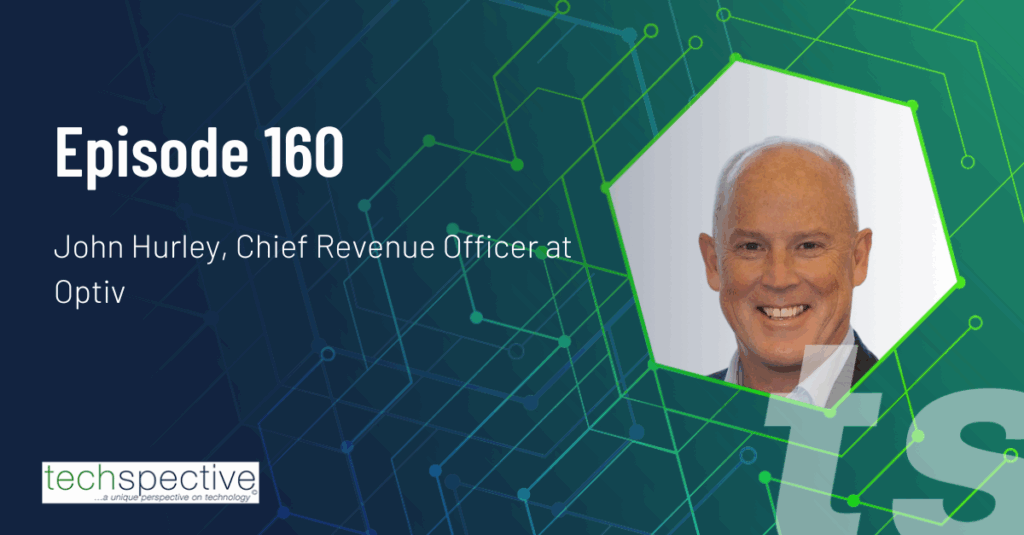Apple is focused hard on two things, control and margins (not necessarily in that order), and ARM’s recent actions are likely to be of concern in both areas. ARM’s actions against Qualcomm suggest that ARM thinks it owns not only its own IP but any IP that is developed around it, allowing it to unilaterally increase pricing regardless of existing contracts. In addition, ARM’s license is more expensive than RISC-Vs, and Apple loves a bargain. Finally, Apple tends to change processors when it isn’t happy and does so with little or no warning as it did when it moved from Power to Intel, and then more recently from Intel to ARM.
So, when will Apple abandon ARM for RISC-V (people speculate they are already in the early planning stages to make this move) or some other architecture? Let’s explore that this week.
Apple has little to no partner loyalty
There was an old saying in Silicon Valley, which was that no one smart does business with Apple twice. Its history of screwing partners is near legendary. One of the most interesting conversations I’ve had in my lifetime was with Andy Grove, the now-deceased iconic Intel CEO, who went from being one of Steve Jobs’ greatest fans to hating the guy.
Much like Apple tossed Power and IBM under the bus when it shifted to Intel, Apple treated Intel even worse when it shifted to ARM, making them think Apple would help Intel move into the cellphone space but instead crippling that effort and then buying Intel’s IP for a song. It was brilliantly done, even though I questioned the evident cruelty of the act given how hard Intel bent over backward to serve Apple.
Since Apple has changed processor architectures twice and far more often than Microsoft or any of the other PC vendors, switching to RISC-V isn’t a stretch. With both the higher stability of RISC-V (after the NVIDIA attempt to buy ARM failed, that unit’s future leadership and ownership remain uncertain) and the potentially lower cost, a move may be imminent.
So, when will Apple move to ARM
Right now, much like Apple was behind Intel’s war with Qualcomm a few years back, Apple seems to be somewhat behind ARM’s war with Qualcomm today. Apple is a very poor loser, and its failure to cripple and buy Qualcomm by proxy nearly put Qualcomm out of business. But the U.S. government stepped in, Apple was caught doing some questionable things, and the related Broadcom acquisition of Qualcomm was terminated.
But since one of Apple’s long-term goals appears to be to cripple Qualcomm in order to deny Apple’s competitors access to Qualcomm’s extensive market-leveling IP portfolio, as long as ARM is going after Qualcomm, Apple will likely stay with ARM. But once that has run its course, win or lose, Apple is likely to consider a more aggressive move to a different platform, with RISC-V at the top of that list. I expect Apple’s trigger will be some definitive ending to the current litigation dynamic or a perceived major problem with ARM’s operations that may put Apple in an unacceptably bad position.
Wrapping up
Apple isn’t religious when it comes to processor selection and is capable of switching to another processor impressively quickly, given the success with Intel. ARM’s willingness to go after a partner to unilaterally raise prices after the fact is a novel approach, but it should also put a red flag on the practice, which, if applied to Apple, might either use its power to damage Apple’s margins or attempt to take control of Apple’s ARM-related projects and applications as it’s threatening to do with Qualcomm.
And finally, the RISC-V license is just more company-friendly than the ARM license, and it provides similar benefits to those using ARM. Because Apple tends to hedge its bets, I expect it’s already looking at making this migration. The only question is “when.” As a result, I believe the migration effort will seriously begin (and it’s already looking into this) sometime before the end of the decade or in as little as three years.
It’s going to be an interesting decade.



